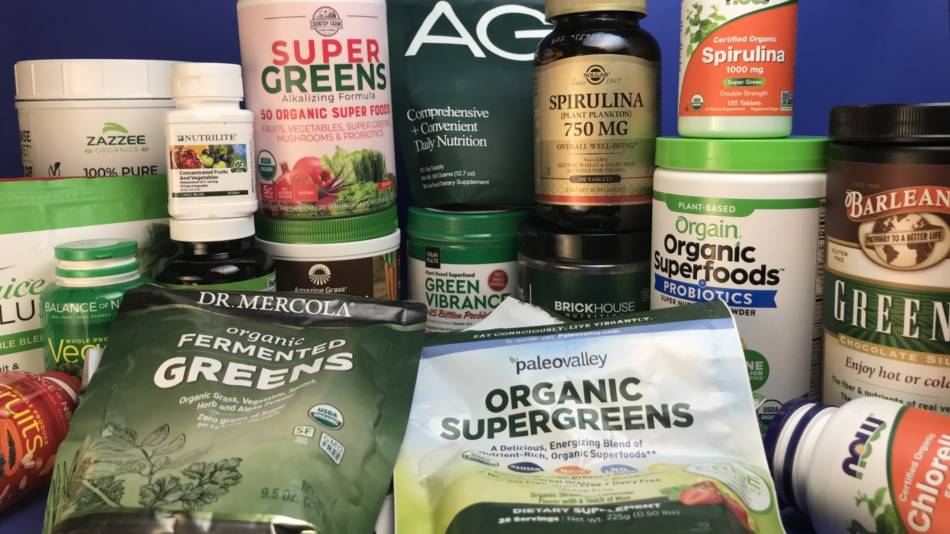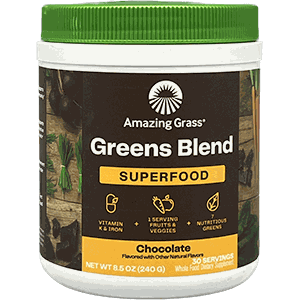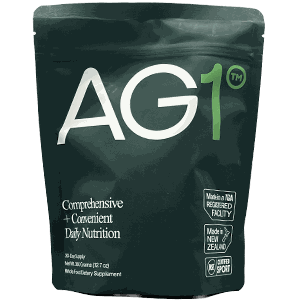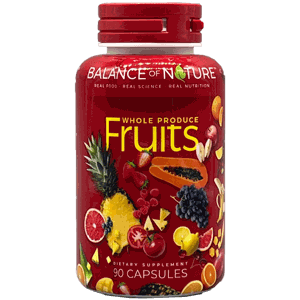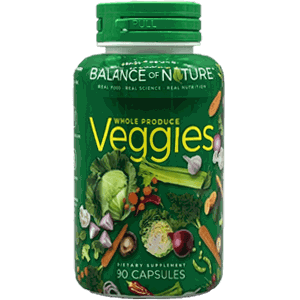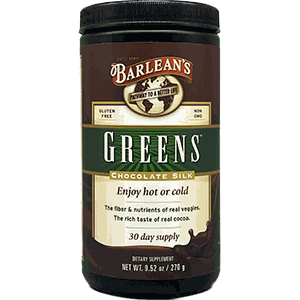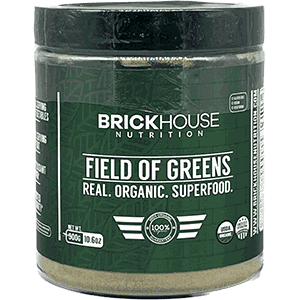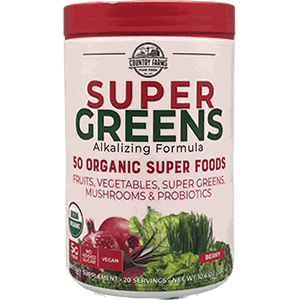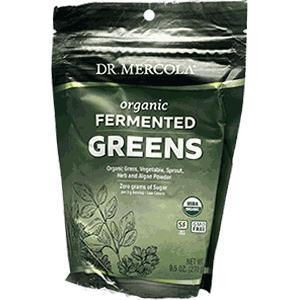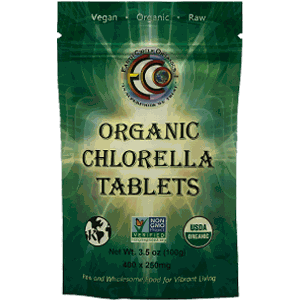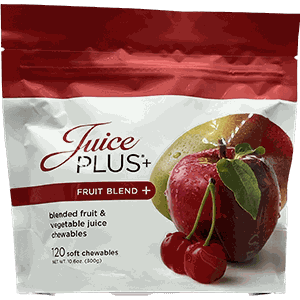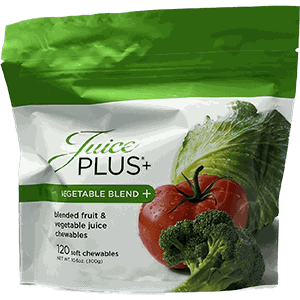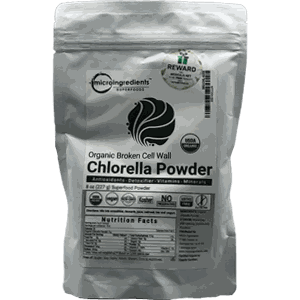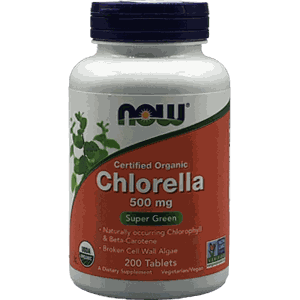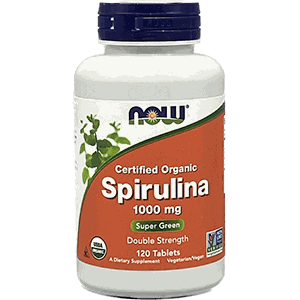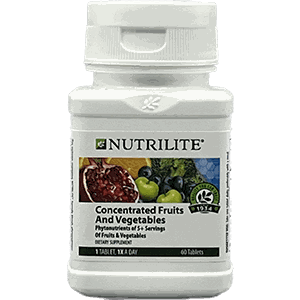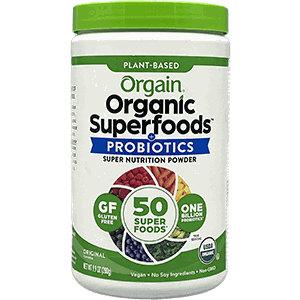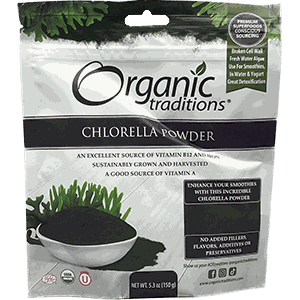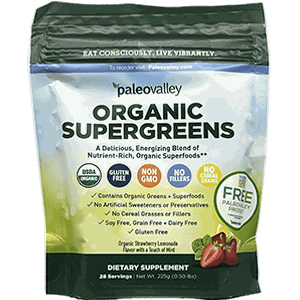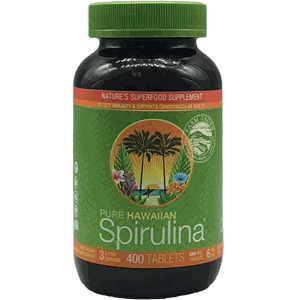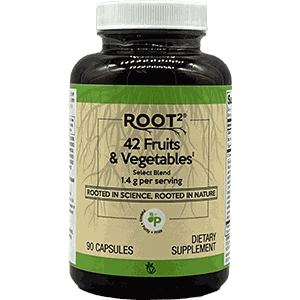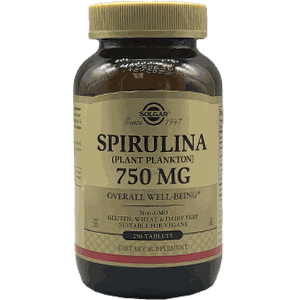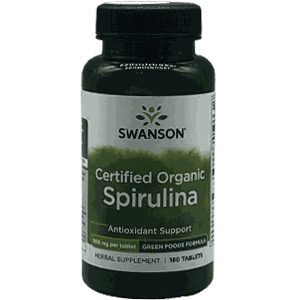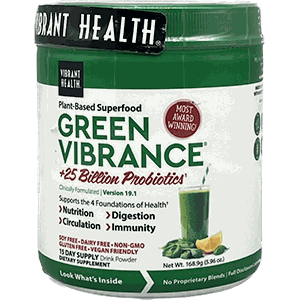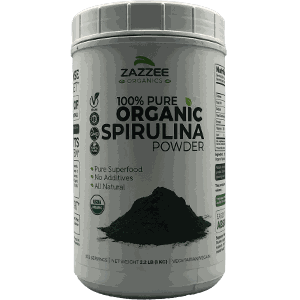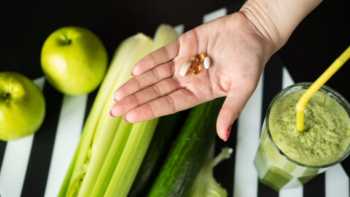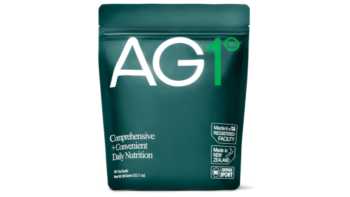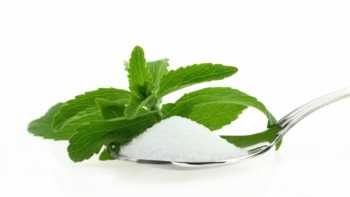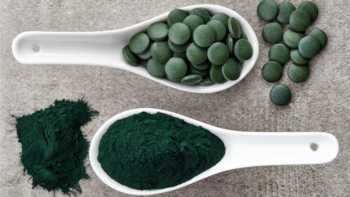Summary
-
Are supplements good substitutes for fresh fruits and vegetables?
We found that "fruits" and "veggies" supplements were not substitutes for getting the recommended daily intakes of fruits and vegetables, despite marketing claims for some saying they are. At best, only one-fifth of the adult daily requirement might be met with a suggested daily serving of any of these products. Adults need about 500 grams of fresh fruits and veggies per day. If dried and made into powders, this would equal about 50 grams per day. Most supplements provide no more than 2 to 10 grams of powdered fruits and veggies per suggested daily serving; many don't even list the amounts; and some contain greater amounts of ingredients such as tapioca syrup and sugar than fruits or vegetables. In fact, you can get more fruit (and fiber) from a single apple than from most fruit supplements, and at much lower cost.
-
What are the health benefits of supplements that contain fruits, veggies, and other "greens"?
Greens powders, pills, and gummies are made from dried or concentrated vegetables, fruits, grasses, and certain types of algae (e.g., chlorella and spirulina) providing a variety of nutrients such as carotenoids, antioxidants, amino acids, enzymes, nucleic acids, fiber, vitamins and minerals that can have healthful benefits.
Plant-based greens and whole foods products tend to be high in fiber and low in fats, making them low in calories per gram. They also tend to be low in sodium. Some contain additional ingredients such as prebiotics, probiotics, digestive enzymes, or added fiber.
Although plant-based products typically provide little protein, algae-based products made mostly from chlorella or spirulina are rich in protein, which makes up about two-thirds of their weight, and some products include protein from plant sources, such as peas and soy. (For more about protein supplements, also see our Protein Powders Review).
Chlorella may help lower triglycerides and total cholesterol. However, be aware that many uses for which greens and whole foods supplements are promoted are not backed by science. For example, claims of antioxidant activity and "alkalinizing" effects do not necessarily translate into proven health benefits; the evidence is weak regarding a blood sugar-lowering effect of spirulina; and a study of the systemic anti-inflammatory and cholesterol-lowering effects of Juice Plus+ showed no significant benefits compared to placebo (see "What They Do").

What problems did ConsumerLab find with fruits, veggies, and greens supplements?
ConsumerLab.com discovered the following problems:
- Tablets of three products would not properly break apart (i.e., disintegrate) (see "What CL Found" and How Products Were Evaluated).
- Small amounts of lead were found in products, nine of which should, consequently, not be used on a regular basis by children and pregnant women. Fortunately, none of the products were found to have microbial or pesticide contamination, and “gluten-free” products were found to meet this claim.
-
Which greens supplements are best?
Among products that were Approved for quality, CL selected Top Picks that provide superior value, features, and taste among greens, chlorella, and spirulina supplements
-
Cautions with fruits, veggies, and greens supplements:
(see "Concerns and Cautions" for more details)
- While most of the food ingredients in greens products are generally safe, some products may contain herbal extracts, vitamins and minerals, and other ingredients that could potentially cause unexpected side-effects and/or interact with other nutrients and drugs.
- Chlorella may cause gastrointestinal side effects such as diarrhea or constipation. Allergic reactions and other adverse events have been associated with the use of spirulina.
- Although many greens products contain a long list of ingredients, specific amounts for each ingredient are not always provided. If you are looking for a particular active ingredient and the amount is not listed, consider getting it from a separate supplement that lists the amount on the label (see "ConsumerTips").
Also see our separate Reviews of Seaweed Snacks and Kelp Supplements.
Products tested in 2022 and 2023
+— 36 sources
In addition the results of its expert testing, ConsumerLab uses only high-quality, evidence based, information sources. These sources include peer-reviewed studies and information from agencies such as the FDA and USDA, and the National Academy of Medicine. On evolving topics, studies from pre-print journals may be sourced. All of our content is reviewed by medical doctors and doctoral-level experts in pharmacology, toxicology, and chemistry. We continually update and medically review our information to keep our content trustworthy, accurate, and reliable. The following sources are referenced in this article:
- Carmel, J Lab Clin Med 1988
- Dagnelie, Am J Clin Nutr 1991
- Edelmann, J Food Compost Anal 2019
- Herbert Am J Clin Nutr 1988
- Herbert, JAMA 1982
- Stupperich, Eur J Biochem 1991
- Wantanabe, J Nutr Sci Vitaminol (Tokyo
- Amirinejad, J Diabetes Metab Disord 2020
- Carrillo, Nutrients 2025
- Dawson-Hughes, Am J Clin Nutr 2008
- Gorelick-Feldman, J Agric Food Chem 2008
- Lee, Nutr Res Pract 2008
- Mazokopakis, Ann Gastroenterol 2014
- Parikh, J Med Food 2001
- Park, Nutr Res Pract 2016
- Perez-Pinero, Nutrients 2021
- Ryu, Nutr J 2014
- Schwalfenberg, J Environ Public Health 2012
- Vormann, J Trace Elem Med Biol 2001
- Wang, J Funct Foods 2024
- Webster, Med Sci Sports Exercise 1993
- Williams, Nutrients 2017
- Akaogi, Autoimmun Rev 2006
- Al-Dhabi, Saudi J Biol Sci 2013
- Azocar, World J Gastroentrol 2013
- Bax, Ann Transl Med 2021
- Bax, iScience 2023
- Cox, Proc R Soc B, 2016
- Heussner, Tox Appl Pharmacol 2012
- Konno, Rinsho Shinkeigaku 2011
- Lee, Arch Dermatol 2004
- McCarron, Aquat Biosys 2014
- Merchant, Phytother Res 2000
- Pugh, Planta Med 2001
- Roy-Lachapelle, Toxins 2017
- USDA FoodData Central 2006
You must
be a member to get the full test results along with ConsumerLab.com recommendations and quality ratings. You will get results for 23 fruits, veggies, and greens products selected for testing by ConsumerLab.com, as well as one other that is included for having passed testing in its voluntary Quality Certification Program.
In this comprehensive review, you'll discover:
 Which fruits, veggies, and greens products failed testing and which passed
Which fruits, veggies, and greens products failed testing and which passed ConsumerLab's Top Picks among fruits, veggies, and greens products based on quality, and cost, and, for powders and gummies, taste
ConsumerLab's Top Picks among fruits, veggies, and greens products based on quality, and cost, and, for powders and gummies, taste Direct comparisons of greens and whole food supplements, including vitamin and mineral assessments
Direct comparisons of greens and whole food supplements, including vitamin and mineral assessments Price comparisons
Price comparisons
 Whether fruits and veggies supplements are good replacements for recommended intakes of fruits and vegetables
Whether fruits and veggies supplements are good replacements for recommended intakes of fruits and vegetables Whether herbs and other ingredients are included at doses known to be effective
Whether herbs and other ingredients are included at doses known to be effective Concerns and cautions with greens and whole food products, including specific concerns with chlorella, spirulina, and Aph. flos-aquae.
Concerns and cautions with greens and whole food products, including specific concerns with chlorella, spirulina, and Aph. flos-aquae.
As a ConsumerLab.com member, you may print a copy of this report for your personal use.
You can access a special print version by clicking the "Print" icon in the upper right corner of this report.
You can then use your web browser's print functions to print the whole report or just selected pages.
You may also email or post a link to this report using the web address above.
Non-members using the link will see a free summary and can join to view the full report.
Other means of copying or distributing this report, in part or full, are not permitted.
If you are sight-impaired and your computer is having trouble converting the text in this report to speech,
contact us for assistance at Membership@ConsumerLab.com or by
phone at 914-722-9149.

